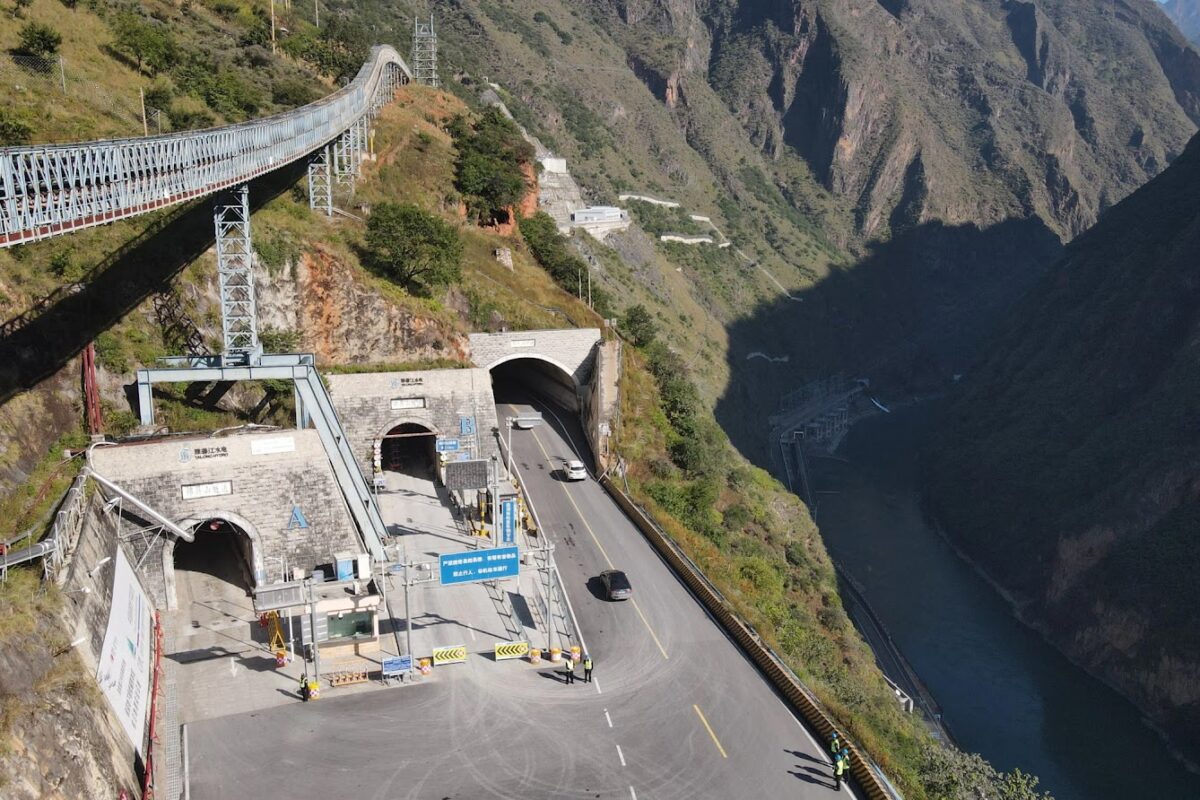In a groundbreaking development, China has achieved a significant milestone in the field of physics with the operationalization of the world’s deepest and largest underground laboratory. According to a report, the physics laboratory, known as the Deep Underground and Ultra-low Radiation Background Facility for Frontier Physics Experiments (DURF), reaches an impressive depth of 2,400 meters.
Nestled beneath Jinping Mountain in Liangshan Yi Autonomous Prefecture, southwest China’s Sichuan Province, DURF has emerged as a pioneering hub for cutting-edge scientific experiments.
Unveiling the Depths: Location and Structure
- DURF, as part of the second phase of the China Jinping Underground Laboratory, boasts a total room capacity of a staggering 330,000 cubic meters.
- This underground marvel is the result of three years of extensive upgrades and expansion, with construction commencing in December 2020.
- Jointly built by Tsinghua University and Yalong River Hydropower Development Company, Ltd., the facility provides unique testing conditions that are not available to scientists elsewhere.
Probing the Dark Matter Mystery
- One of the primary objectives of DURF is to contribute significantly to the global search for dark matter—a mysterious form of matter that seems to defy interaction with light or the electromagnetic field.
- Scientists believe that the extreme depth of DURF will play a pivotal role in this quest by effectively blocking most cosmic rays that can interfere with observations. This strategic advantage positions DURF as a potential game-changer in deep-earth experiments.
Shielding from Cosmic Intrusions
- Yue Qian, a professor at Tsinghua University, highlighted the location’s significance, noting that DURF is exposed to an incredibly small amount of cosmic rays—merely one hundred-millionth of that on the Earth’s surface.
- This feature enables the facility to offer an unparalleled environment for conducting experiments, free from the interference of cosmic intrusions.
State-of-the-Art Facilities
- DURF prides itself on several key advantages that elevate its scientific capabilities. These include ultra-low cosmic ray flux, extremely low environmental radiation, exceptionally low radon concentration, and ultra-clean space.
- These factors collectively create an ideal setting for precision experiments, allowing researchers to delve into the intricacies of physics with unprecedented clarity.
From Concept to Reality: Historical Context
- The journey towards establishing DURF began with the completion of the first phase of the China Jinping Underground Laboratory at the end of 2010.
- This initial phase, with a room capacity of about 4,000 cubic meters, laid the foundation for subsequent advancements.
- Reports suggest that the facility has already contributed significantly to China’s dark matter direct detection experiments, making noteworthy scientific achievements.
Questions Related to Exams
Q1. What is the name of the world’s deepest and largest underground laboratory recently reported to be operational in China?
Answer: The laboratory is called the Deep Underground and Ultra-low Radiation Background Facility for Frontier Physics Experiments (DURF).
Q2. What is the depth of the DURF, making it a unique underground laboratory?
Answer: The DURF reaches an impressive depth of 2,400 meters.
Q3. What advantages does DURF boast, making it an ideal space for scientific experiments?
Answer: DURF offers advantages such as ultra-low cosmic ray flux, extremely low environmental radiation, extremely low radon concentration, and an ultra-clean space.




 Scotland Legalises Water Cremation: Firs...
Scotland Legalises Water Cremation: Firs...
 India Overtakes US in Childhood Obesity ...
India Overtakes US in Childhood Obesity ...
 Raisina Dialogue 2026: Global Leaders Ga...
Raisina Dialogue 2026: Global Leaders Ga...








